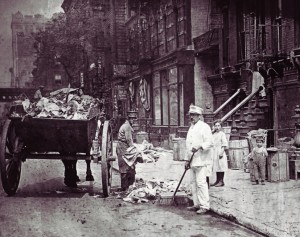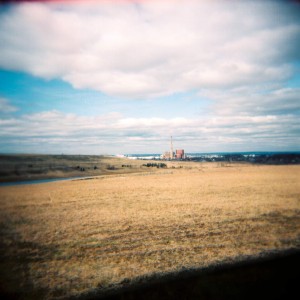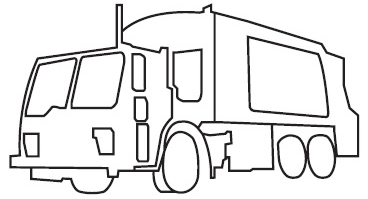
In trying to understand how a city keeps its streets clean, its citizens healthy, and its economy thriving, researchers look to the history of labor and infrastructure, among other sources. But when I started to ask questions about who cleaned New York in days gone by, and what that work was like, who took or was refused those jobs, or how those workers were treated by their larger communities, I found a serious dearth of information.
Anyone curious about landfills and other waste disposal choices in the United States finds a similar gap. What happened to various communities when landfills were sited near them, what happened after the landfills were closed, and what kind of innovations are brought to their transformations?
At the same time, sanitation workers today are more often pilloried than celebrated. Despite the fact that their work is fundamental to the daily and long-term health of any city or town where they work, their jobs are wrapped in stigma and their importance is taken for granted.

Our oral history project is an effort to provide insights that can change these conversations, and that can be a resource for scholars, researchers, journalists, urban planners, political leaders, activists, and others now and in the future. Why not learn what makes up the daily concerns and large-scale problems of people whose careers are built around the many complexities of waste disposal, and who are charged with transforming landscapes created by waste? How extraordinary to know even a little more about what it’s like to do that work, to shoulder the very particular responsibilities, and to understand the world through perspectives that are not well represented in the historical record or in common awarness of the world around us. The collection here is a modest but hopeful beginning.
— Robin Nagle, Project Founder
